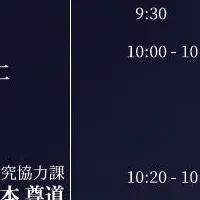
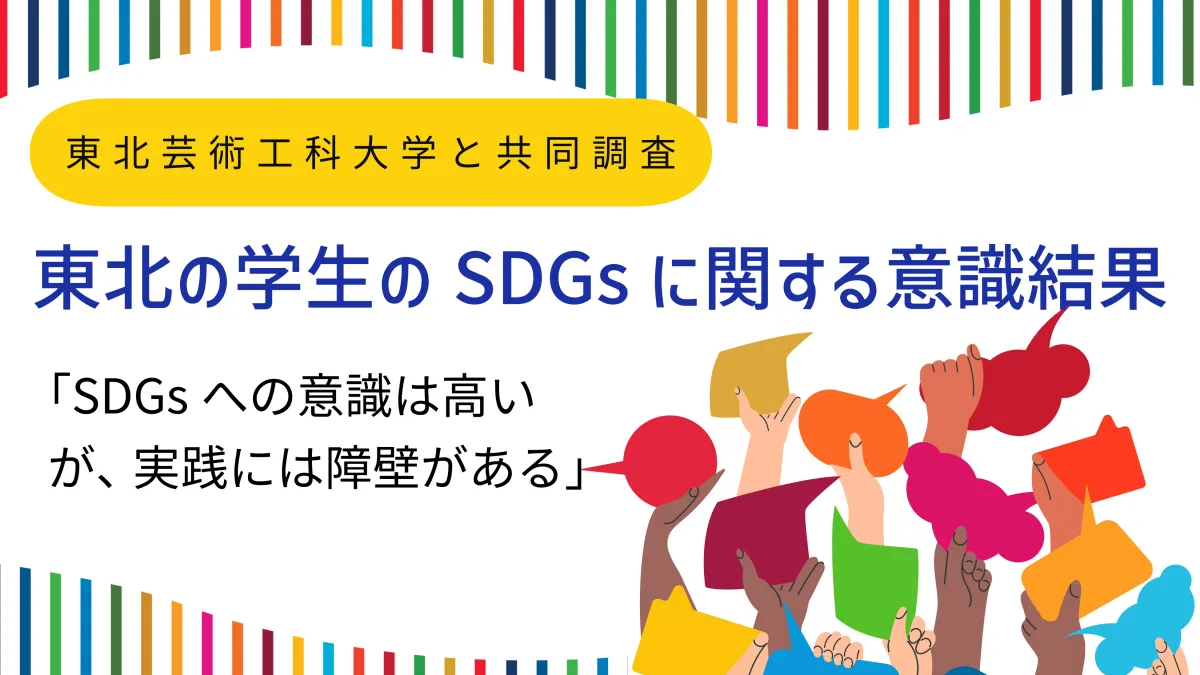
Tōhoku Students' Awareness of SDGs: Insights from ADK and Tohoku University of Art and Design
Tōhoku Students' Perspective on SDGs: A Collaborative Study
In a recent study conducted by ADK Marketing Solutions in collaboration with Tohoku University of Art and Design, the awareness and attitudes of Tōhoku students towards Sustainable Development Goals (SDGs) have been analyzed. This in-depth research aimed to highlight the unique perspectives of students in a region heavily impacted by natural disasters, particularly the Great East Japan Earthquake.
Background of the Research
Since 2008, ADK Marketing Solutions has been conducting an annual comprehensive survey called the "ADK Lifestyle Report." This year, a specific focus was placed on the awareness of SDGs among 332 students from Tohoku University, comparing their responses with those from students in Kanto and Kansai regions. The results revealed that 97.9% of Tōhoku students recognize the term SDGs, showcasing an overwhelming awareness in relation to their counterparts in Kanto (87.9%) and Kansai (85.4%). This heightened awareness can be attributed to the region’s ongoing education and community activities centered around disaster recovery and sustainable development post-earthquake.
Key Findings
High Awareness but Action Gap
While Tōhoku students display a strong awareness of SDGs, with 59.3% expressing a desire to work for companies actively engaging in SDGs, a significant gap exists between this intention and their actual proactive measures. Only 27.1% stated that they actively engage in actions to achieve SDGs themselves, indicating a disconnect between knowledge and actionable behavior.
This disparity may stem from limited access to sustainable goods and services compared to urban areas. In metropolitan cities, ethical products and sustainable services are more readily available, providing urban students the opportunity to experience their impact on sustainability actively. In contrast, Tōhoku students feel they lack these choices, creating a barrier to personal engagement in sustainability efforts.
Barriers to Action
Students across all regions identified several common barriers to their participation in sustainable activities. The top three hindrances noted were:
1. High prices of products and services (noted by 78.7% in Tōhoku)
2. The effort and time required (37.3% in Tōhoku)
3. Uncertainty about how to contribute effectively
This highlights a common perception that engaging with SDGs entails financial and logistical burdens.
Regional Differences in SDG Priorities
Interestingly, the study found significant regional differences in which SDG goals resonate most with students. While students from Kanto and Kansai expressed a strong resonance with the goal to "end poverty," Tōhoku students identified more with the goal of ensuring "health and well-being for all." This preference likely reflects local experiences, as the impacts of the earthquake underscored the importance of health and welfare in the region, integrating these concerns into their everyday lives.
Conclusion and Future Direction
Overall, the joint research by ADK Marketing Solutions and Tohoku University sheds light on how Tōhoku students perceive and engage with SDGs. The findings indicate that while awareness is high, there is a pressing need for strategies to facilitate active participation in SDG initiatives. This includes providing accessible, affordable, and relevant sustainable choices for students.
As ADK continues to leverage this comprehensive dataset to address various business challenges, future studies will aim to further explore the dynamics of youth engagement with sustainability, tailoring strategies to invigorate action toward SDGs not just in Tōhoku but nationwide.
For further details, please refer to the comprehensive report from ADK Marketing Solutions, which outlines the methodology and extended findings of this significant study.
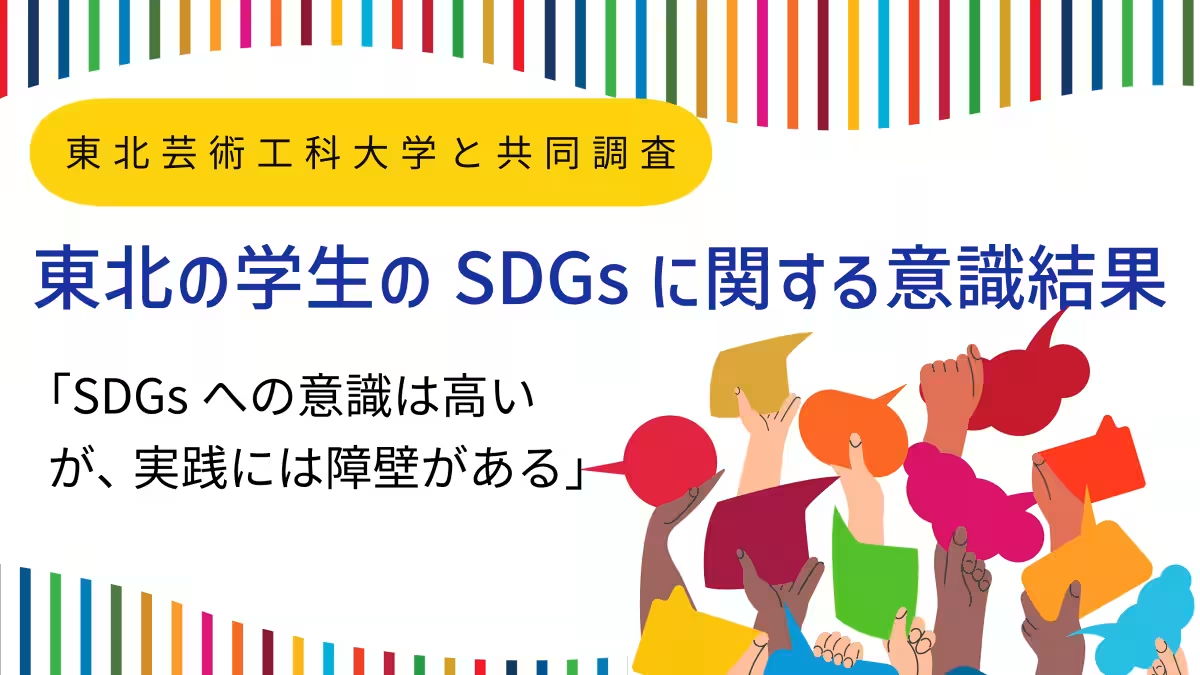

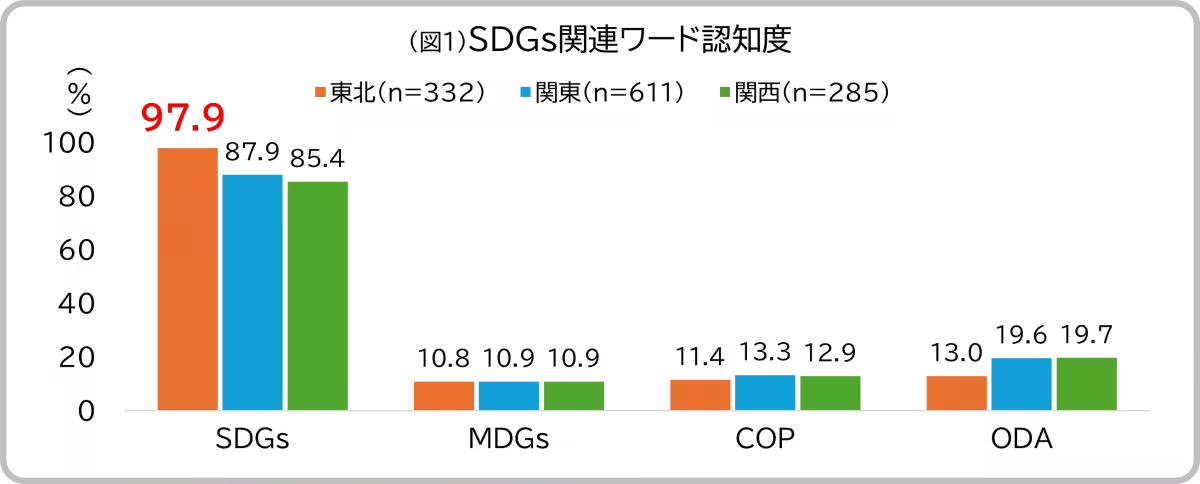
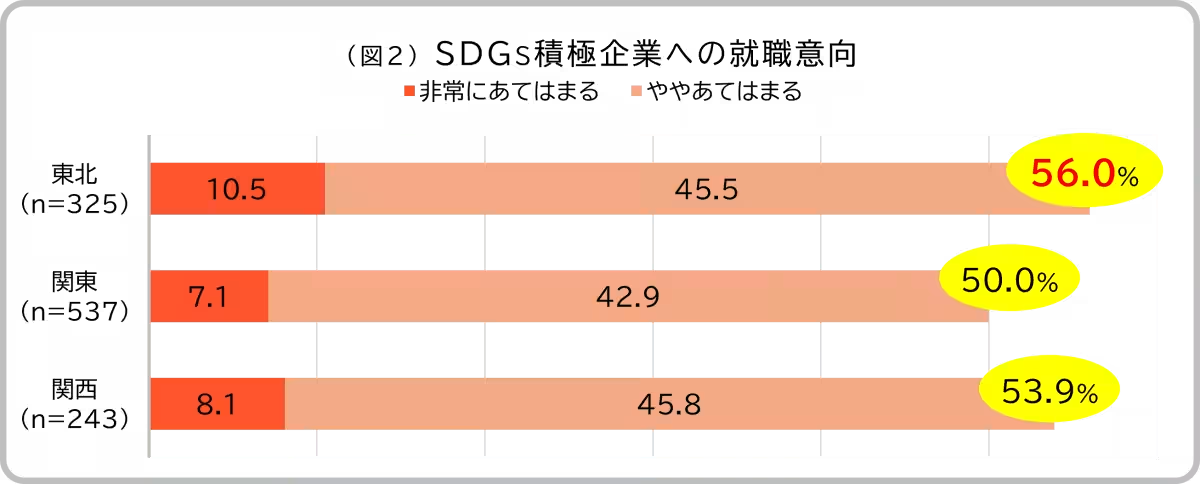
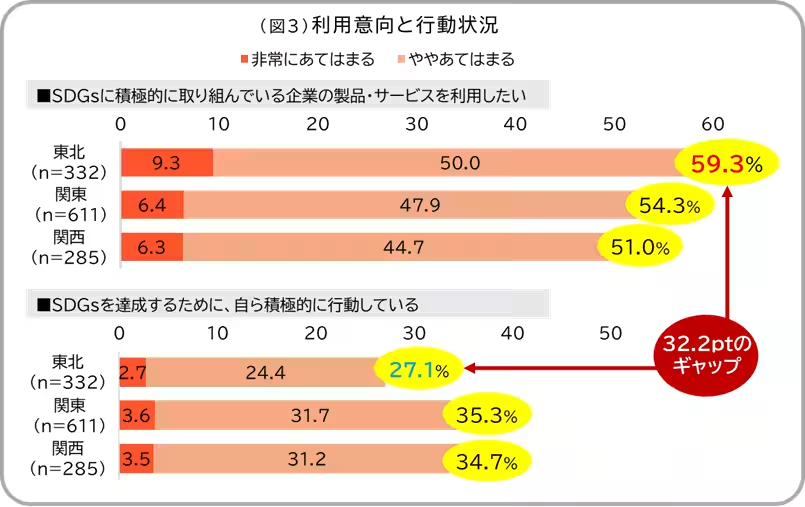


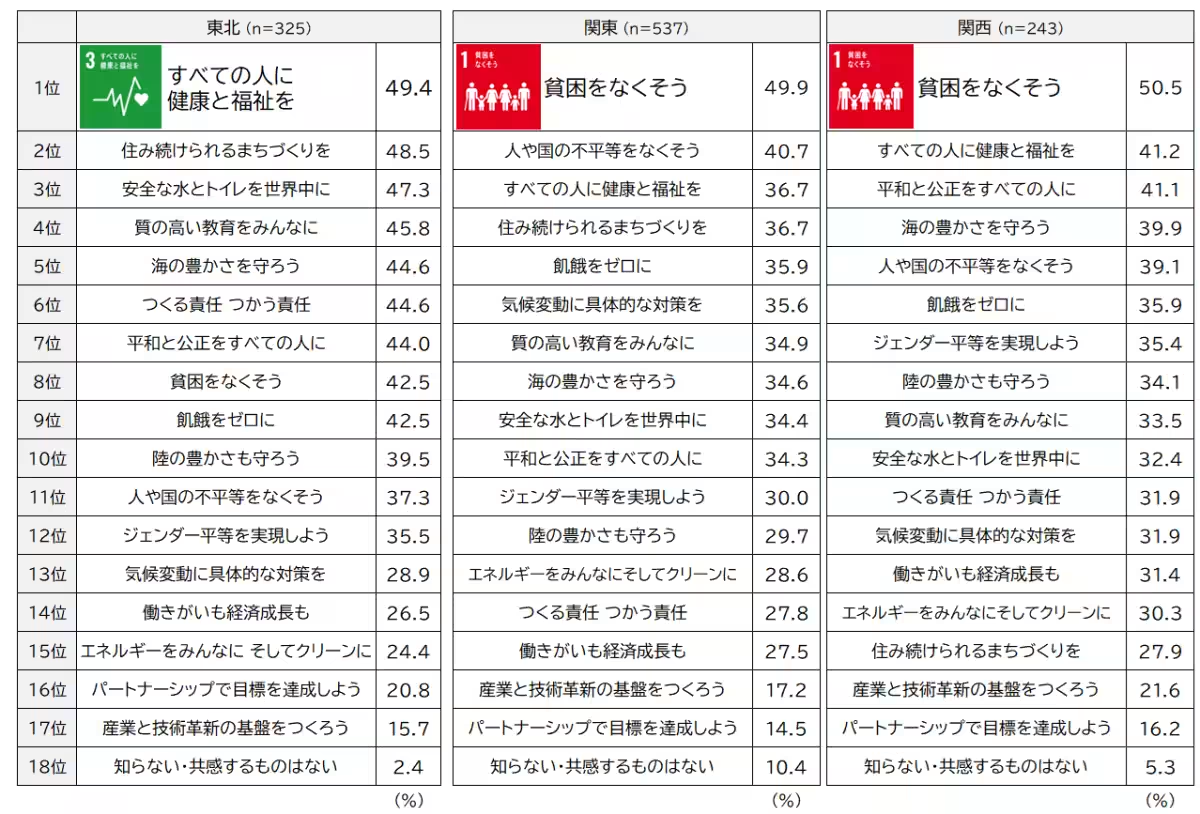
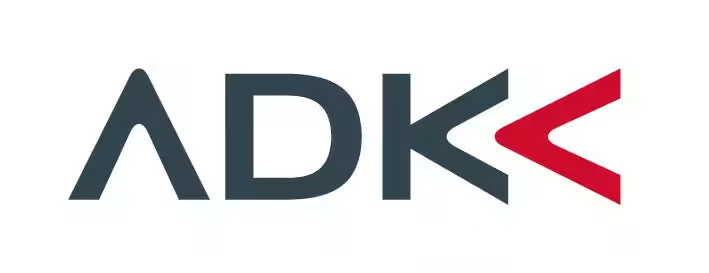
Topics People & Culture)










【About Using Articles】
You can freely use the title and article content by linking to the page where the article is posted.
※ Images cannot be used.
【About Links】
Links are free to use.